Yellow cheese is a common name used to describe ripened, hard rennet cheeses. True yellow cheese is not only a very valuable product, but also very delicious. Yellow cheese contains many vitamins and minerals that support the functioning of our body. It is important to understand that the yellow cheeses available on the market differ in composition. The shorter the composition of the product, the better. Only four ingredients are needed to produce yellow cheese: milk, salt, rennet and bacterial cultures. All additives are unnecessary, but not all are harmful.
What are the values of yellow cheese? Yellow
cheese contains vitamins A, B and D. Vitamin A is responsible for the course of growth processes, fat metabolism and supports cell regeneration. B vitamins are responsible for the proper functioning of the nervous system. Vitamins from this group also have a positive impact on our mental health as they relieve nervous tension and improve intellectual performance. Vitamin C has many functions, but the most important ones include support for the immune system in the fight against infections and protection of cells from oxidative stress.
Yellow cheese is rich in calcium. Such a high calcium content is caused by the amount of milk used in production. To produce 1 kg of cheese you need 4 kg of milk. Lime supports the bone system and teeth connective tissue. This mineral regulates some hormones and contributes to blood clotting.
Protein content is also note-worthy. Protein is one of the main building blocks of all cells of the body.
Yellow cheese also contains zinc and copper. Zinc regulates work of the circulatory system, among other things helps to stabilize the pressure and prevents varicose veins. Copper, on the other hand, prevents heart and cardiovascular diseases. It also has a bactericidal effect. Yellow
cheese is also worth eating because it contains tryptophan. It is a substance that supports the secretion of serotonin, the so-called happiness hormone. It supports our well-being. In addition, chromium in cheese soothes nerves and relieves headaches.
One of the substances we find in yellow cheese is also magnesium. It stimulates brain activity and improves concentration and memory.
Calorific value of yellow
cheese Yellow cheese is known for its calorific value, but it should not discourage us. It is worth eating yellow cheese, but in moderation. It can provide the body with wholesome energy, not empty calories. 100g of cheese is about 350kcal.
Lactose-free products Yellow
cheese is a natural lactose-free product, as bacterial cultures are responsible for anaerobic fermentation. The bacteria feed on lactose, which is present in milk. This is why yellow cheeses are lactose-free products.
Discover our products
Become our partner

phone
+ 48 605 590 599
+ 48 693 550 771
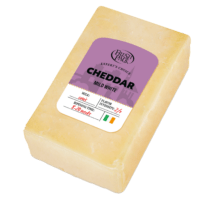 CHEDDAR WHITE CHEESE
CHEDDAR WHITE CHEESE  CHEDDAR MILD RED CHEESE (block)
CHEDDAR MILD RED CHEESE (block)  CHEDDAR VINTAGE CHEESE (block)
CHEDDAR VINTAGE CHEESE (block) 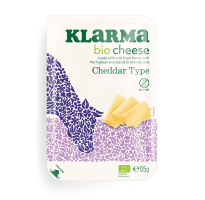 BIO CHEESE Cheddar
BIO CHEESE Cheddar 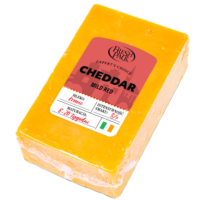 CHEDDAR RED MILD CHEESE
CHEDDAR RED MILD CHEESE 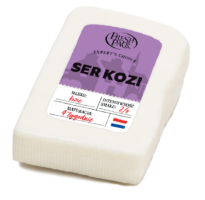 CHEVRETTE GOAT CHEESE
CHEVRETTE GOAT CHEESE 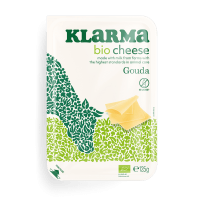 BIO CHEESE Gouda
BIO CHEESE Gouda 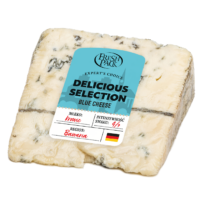 DELICIOUS SELECTION BLUE CHEESE
DELICIOUS SELECTION BLUE CHEESE 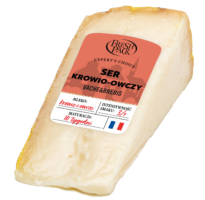 COW AND SHEEP CHEESE VACHE & BREBIS PELOTARI
COW AND SHEEP CHEESE VACHE & BREBIS PELOTARI 


